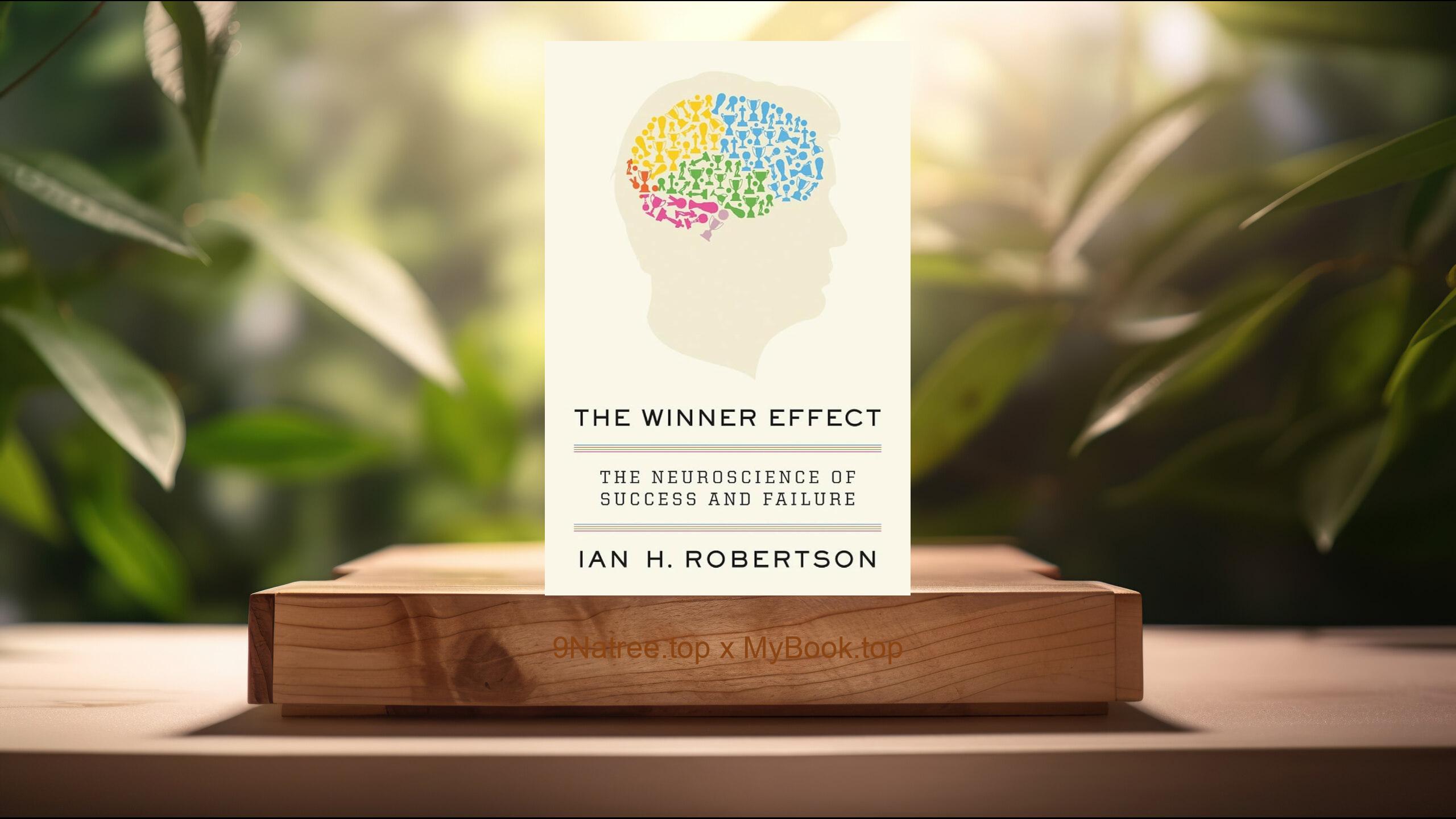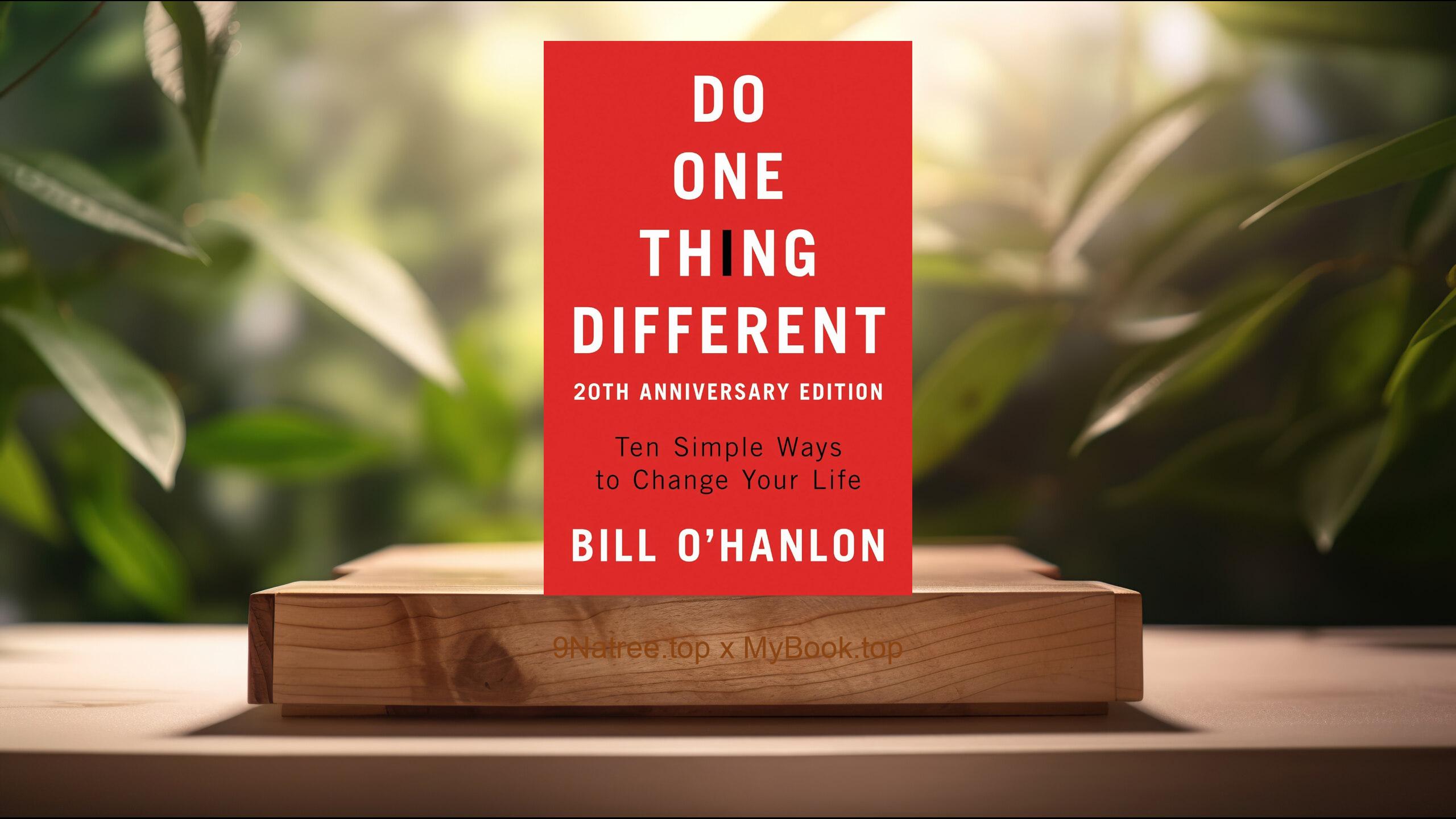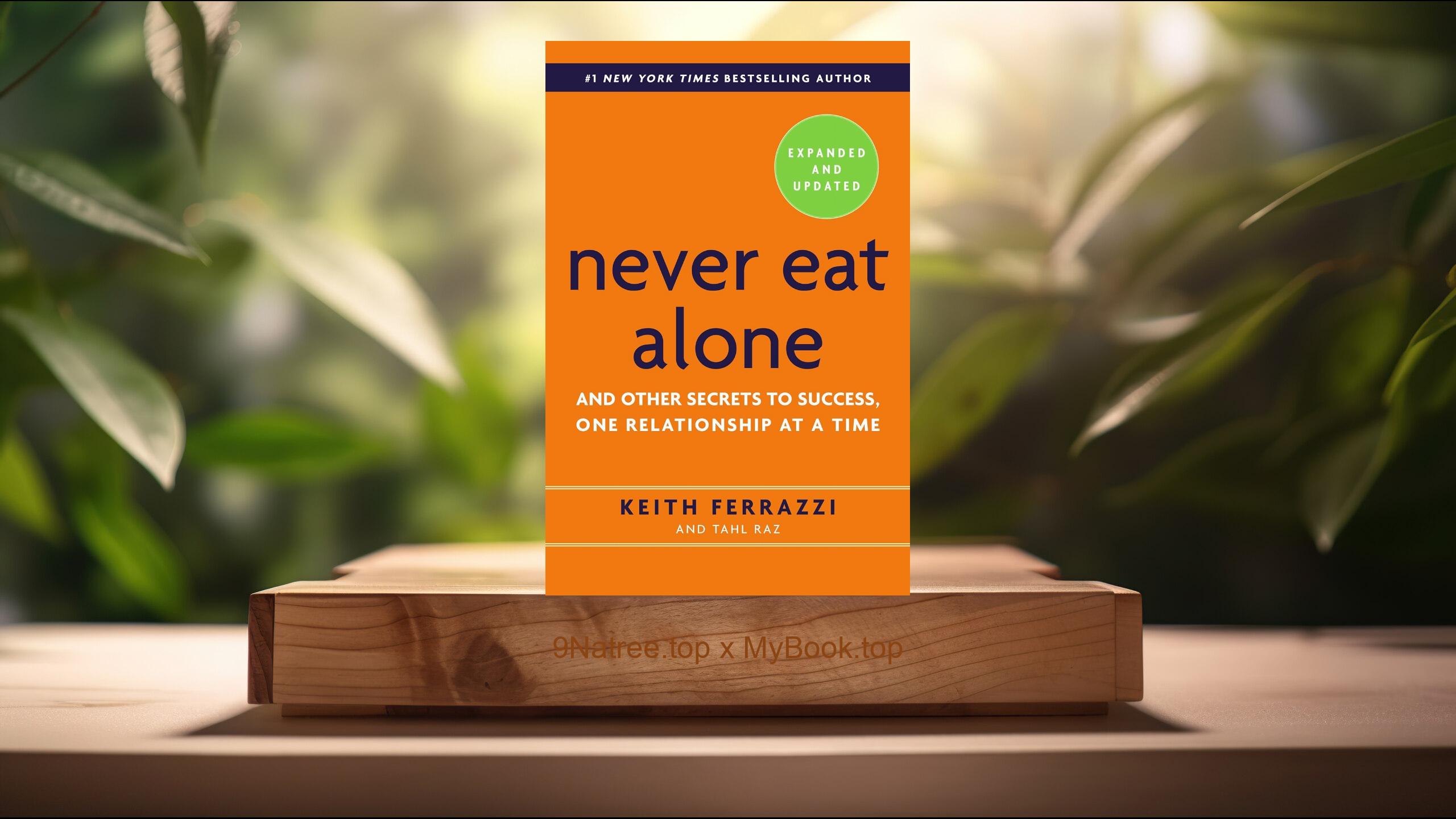Show Notes
- Amazon US Store: https://www.amazon.com/dp/B08L6XNM9L?tag=9natree-20
- Amazon Worldwide Store: https://global.buys.trade/Polysecure-Attachment-Trauma-and-Consensual-Nonmonogamy-Jessica-Fern.html
- Apple Books: https://books.apple.com/us/audiobook/polysecure-attachment-trauma-and-consensual-nonmonogamy/id1534958091?itsct=books_box_link&itscg=30200&ls=1&at=1001l3bAw&ct=9natree
- eBay: https://www.ebay.com/sch/i.html?_nkw=Polysecure+Attachment+Trauma+and+Consensual+Nonmonogamy+Jessica+Fern+&mkcid=1&mkrid=711-53200-19255-0&siteid=0&campid=5339060787&customid=9natree&toolid=10001&mkevt=1
- Read more: https://mybook.top/read/B08L6XNM9L/
#attachmenttheory #consensualnonmonogamy #relationshipdynamics #personalgrowth #JessicaFern #Polysecure
These are takeaways from this book.
Firstly, Understanding Attachment Styles, The concept of attachment styles, as introduced by psychologist Mary Ainsworth, is crucial in determining how individuals relate to others in close relationships. In 'Polysecure,' Jessica Fern elaborates how these styles—secure, anxious, avoidant, and disorganized—play pivotal roles in consensual nonmonogamy. She contends that recognizing and understanding one's attachment style can lead to more secure attachments in polyamorous relationships. Fern delves into the idea of 'earned secure attachment,' where individuals, despite their past insecure patterns, can develop secure ways of connecting through mindful, consistent efforts and supportive relationship dynamics. She provides strategies for individuals to explore and understand their attachment patterns, such as self-reflection exercises, communication enhancements, and therapy, paving the way for healthier relational dynamics in CNM settings.
Secondly, Impact of Trauma on Relationships, Jessica Fern emphasizes the profound impact trauma can have on relational patterns, particularly in a CNM context. She explains that unresolved trauma can manifest as triggers in relationships, often leading to conflict or disconnection. In 'Polysecure,' strategies are offered to manage and heal from these traumas, thereby fostering richer, more resilient relationships. Fern suggests therapeutic approaches—such as trauma-informed therapy, EMDR, and somatic experiencing—that can help individuals process and integrate traumatic experiences. She advocates for a compassionate understanding of one's trauma responses and provides insights on how partners can support each other through a trauma-informed lens, thereby creating a safer emotional space that enables growth and secure attachments.
Thirdly, Building Security in CNM Relationships, One of the core tenets of 'Polysecure' is the construction of security within CNM relationships, which Fern argues is not only possible but necessary for the well-being of all involved. She walks readers through various approaches to cultivating a secure network among partners, including setting clear boundaries, effective communication, and emotional honesty. Fern highlights the importance of regular check-ins and transparency in fostering trust and security. The book provides practical tools such as relationship agreements and conflict resolution techniques that respect each partner's needs and foster mutual understanding and respect, thus creating a solid foundation for secure attachments.
Fourthly, Consensual Nonmonogamy and Society, Jessica Fern explores the societal perceptions and challenges inherently linked with consensual nonmonogamy. She discusses how societal norms and misconceptions about monogamy can create external pressures and misunderstandings in CNM relationships. Fern provides insights on how individuals in nonmonogamous relationships can navigate these societal challenges and advocate for their relationship choices. She includes discussions on legal considerations, social stigmas, and the importance of creating communities that support CNM. The section is enlightening for individuals both within and outside the CNM community, offering a broader perspective on the cultural context of these relationships.
Lastly, Personal Growth and CNM, Fern underscores the potential for personal growth within CNM relationships through her articulation of self-awareness, communication skills, and emotional intelligence that CNM necessitates. She argues that these relationships provide unique opportunities for personal development, as they often require navigating complex emotions and situations. By engaging in CNM, individuals might encounter a broader spectrum of emotional experiences, leading to greater emotional resilience and understanding. Fern provides exercises and strategies to cultivate these qualities, making 'Polysecure' not just a guide for navigating CNM but a tool for personal empowerment and development.
![[Review] Polysecure: Attachment, Trauma and Consensual Nonmonogamy (Jessica Fern) Summarized](https://episodes.castos.com/660078c6833215-59505987/images/1891616/c1a-085k3-9j0vvw01f3k4-z774e6.jpg)




